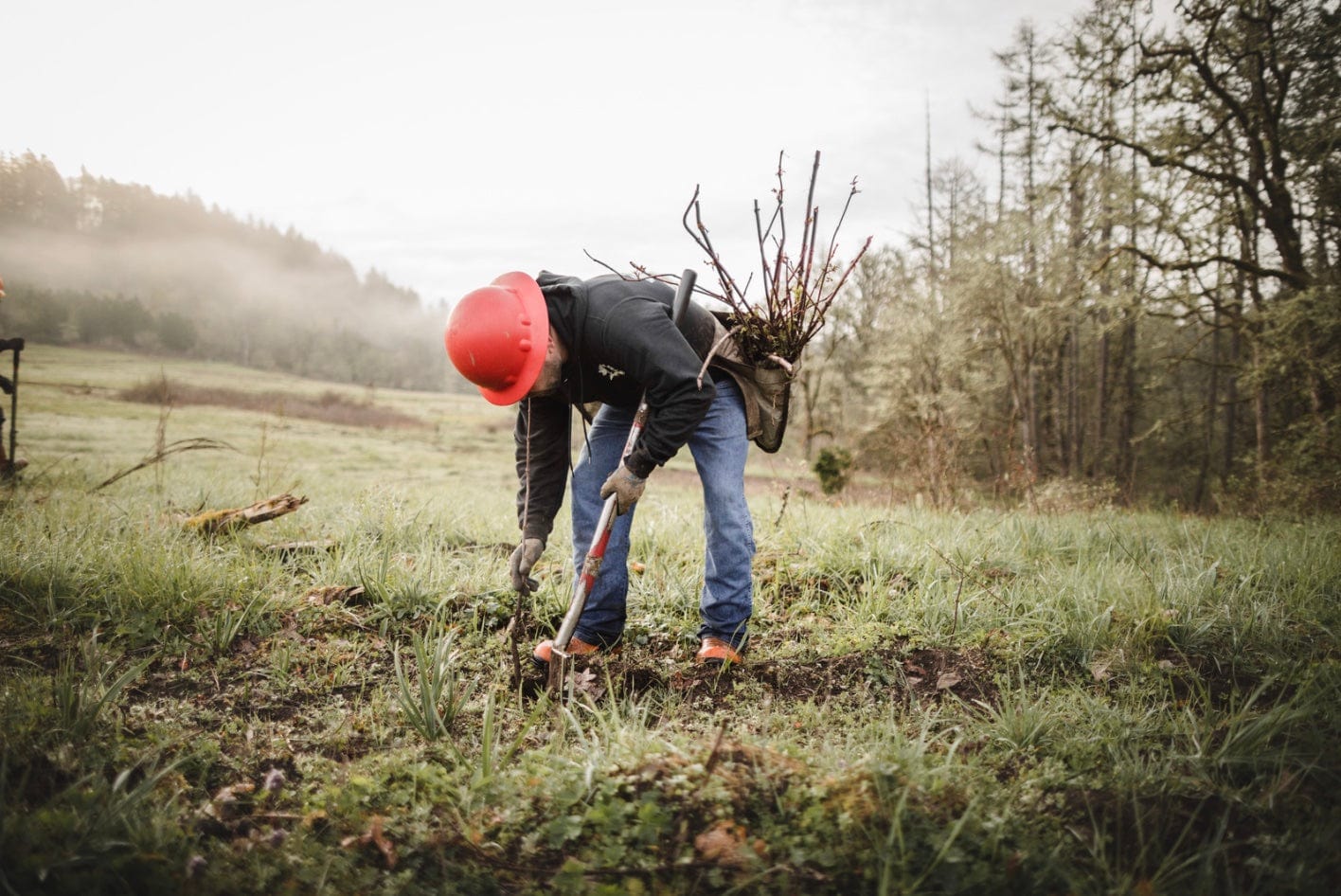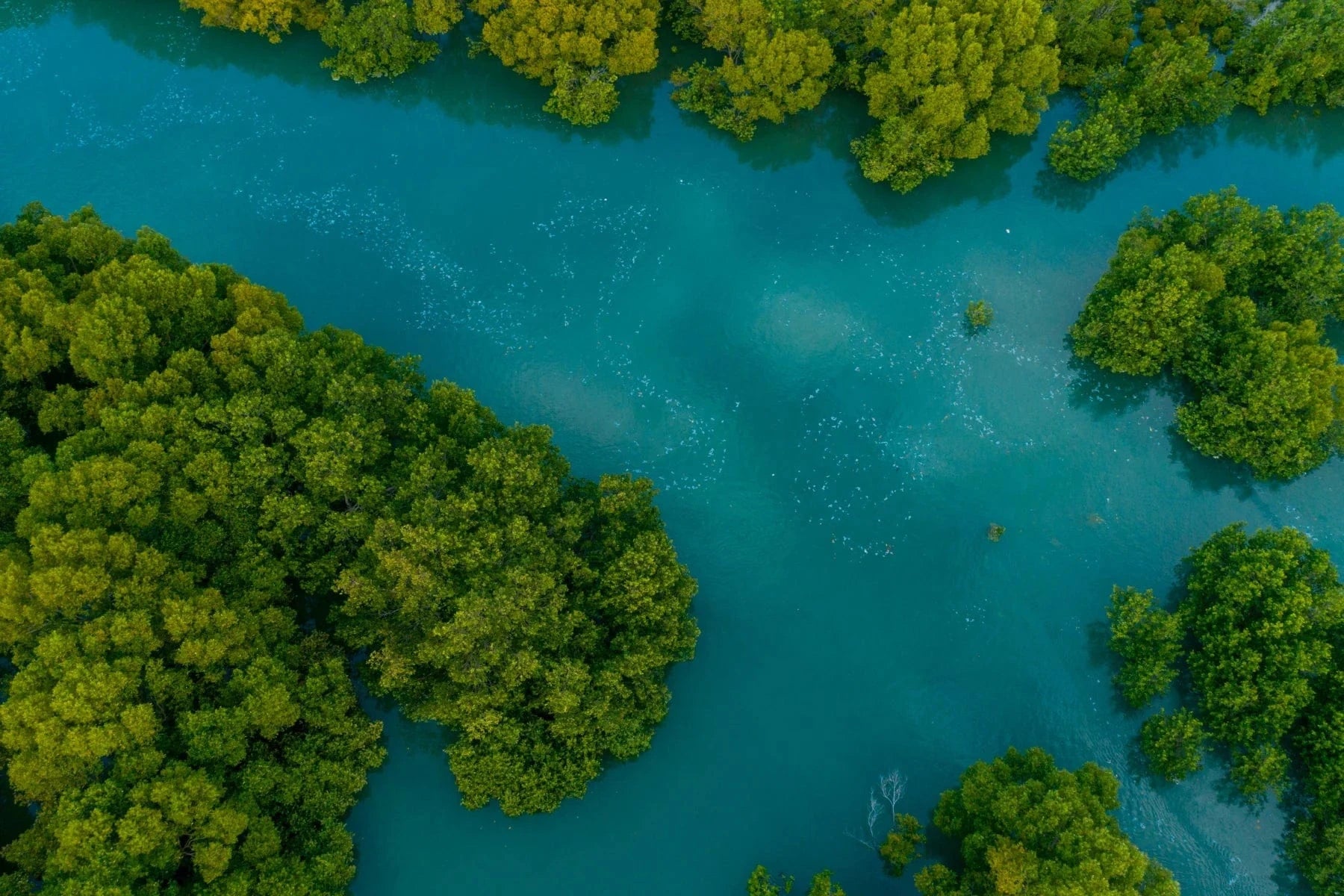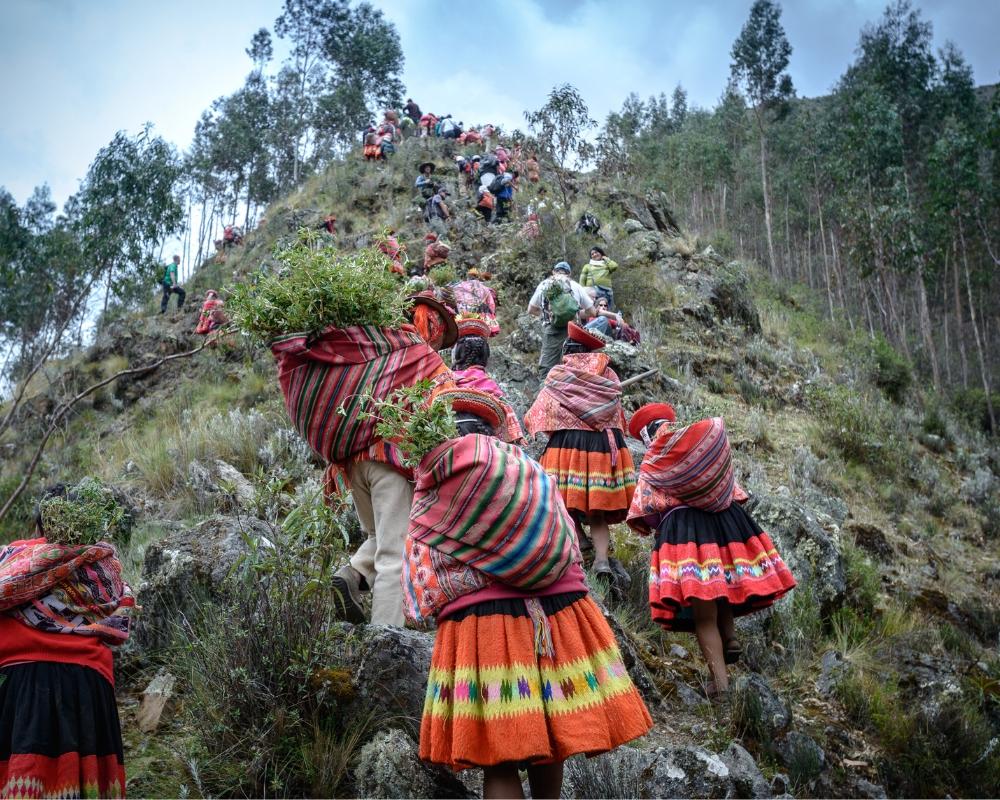Among Climate Change Solutions, Where Does Reforestation Fit?

Get news, updates, & event Info delivered right to your inbox:
Reforestation gets a lot of attention. From prominent voices calling tree planting “complete nonsense” to articles that misinterpret the science, much of popular discourse risks missing the forest for the trees.
While we have always said that planting trees is not the only — or even the most important — way to combat climate change, it is a powerful Nature-based Solution. When trees are planted in the right place, at the right time, and for the right reasons, they can help address many of the environmental and related social challenges we face today.

A Growing Spotlight on Reforestation
The spotlight on reforestation grew considerably after the 2019 Crowther Labs study (which has since been amended) inspired the World Economic Forum’s One Trillion Trees Initiative. While well-intentioned, the study’s abstract erroneously stated that “tree restoration is the most effective solution to climate change to date.”
This triggered an uproar in the scientific community: about the claim itself, and about it's potential effects on climate action. A major concern was that overemphasizing reforestation would distract from other critical actions.
The authors of the study later released an erratum, stating that "They meant that they know of no other current carbon drawdown solution that is quantitatively as large in terms of carbon capture. They did not mean that tree restoration is more important than reducing greenhouse gas emissions or should replace it, nor did they mean that restoring woodlands and forests is more important than conserving the natural ecosystems that currently exist.”

Climate Action is Not a One and Done Deal
Mass tree plantations, particularly when planted in non-forest ecosystems, are not a “get out of climate change free” card. Every ecosystem type plays a critical role — and forests are not inherently more valuable. Replacing these ecosystems with forests can cause significant damage to biodiversity.
Tree planting also should not be leveraged as an avoidance offset. The climate benefits of reforestation cannot exist in a vacuum. We need, among other things, to significantly limit our emissions of greenhouse gasses and other air pollutants.
In other words: climate action is not a one and done deal. To truly make an impact requires a holistic strategy that includes investment in climate technologies, net zero commitments (and action on those commitments), gender equality, fossil fuel divestment, protection of existing ecosystems (conservation) and much more. The bottom line? While reforestation is important, climate change cannot be solved by planting trees alone.

Reforestation is Still Critical
None of this should take away from the value and importance of properly planned and implemented reforestation projects.
After all, trees are so much more than natural carbon capture “machines.” In a warming world, their myriad benefits — especially for biodiversity (including pollinators), social impact, air and water quality, human health, soil health, urban heat, and the water cycle — should be considered equally as important.
Because this work is not just about combating the effects of climate change. It’s about ensuring we have a livable future on this planet.
Get news, updates, & event Info delivered right to your inbox:
Related Posts
Real vs. Fake Christmas Trees: Which is Better For the Environment?
20/11/2025 by Meaghan Weeden
8 Reasons to be Grateful for Trees This Thanksgiving
18/11/2025 by Meaghan Weeden
The Ultimate Guide to Sustainable Holiday Gifting
13/11/2025 by Meaghan Weeden
Popular On One Tree Planted
What Causes Deforestation?
10/07/2025 by Meaghan Weeden
8 Amazing Bamboo Facts
14/01/2025 by Meaghan Weeden
Inspirational Quotes About Trees
09/01/2025 by Meaghan Weeden
Fundraising Disclosures

Be Part of the
Restoration Movement
The Grove is more than just a monthly giving program: it's a vibrant community of individuals who are dedicated to reforestation and environmental restoration on a global scale.
As a member of The Grove, you affirm your commitment to restoring forests, nurturing biodiversity, and fostering positive global change.





